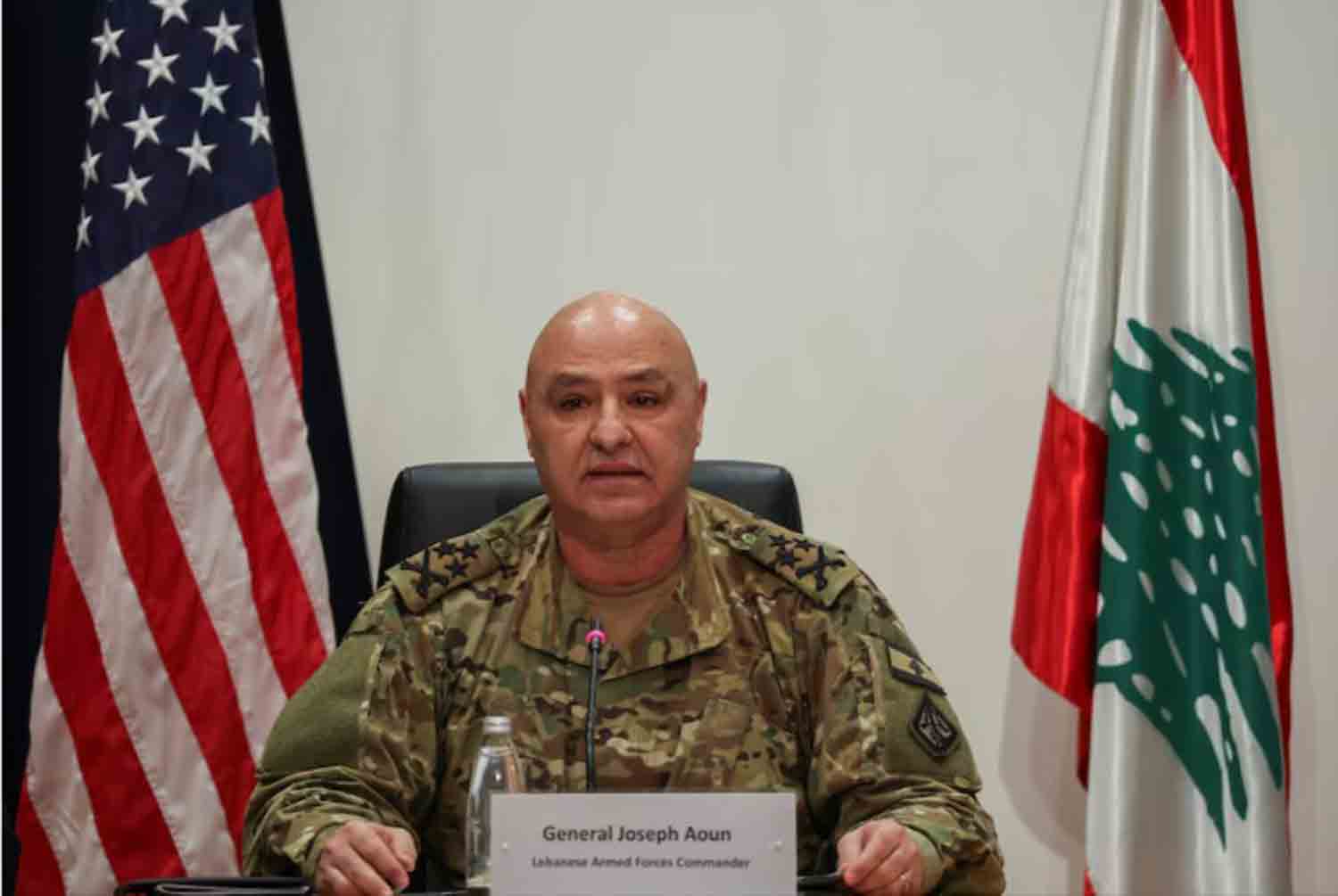General Joseph Aoun, the newly elected president of Lebanon, has maintained a stance of neutrality for the Lebanese army during the recent conflict between Israel and Hezbollah. He instructed the military to focus on maintaining civil peace, despite the loss of soldiers in the conflict. Aoun, a seasoned military leader at 60 years old, is the fifth army commander in Lebanon’s history to ascend to the presidency, filling a vacancy that had persisted for over two years.
Since assuming command of the army in 2017, Aoun has navigated the institution through a severe national financial crisis that has significantly devalued the currency and, consequently, the salaries of his troops. This situation has tested the army’s role as a stabilizing force in Lebanon since the civil war that lasted from 1975 to 1990. Throughout the prolonged conflict between Israel and Hezbollah, Aoun ensured that the army did not engage directly with Israeli forces, even as over 40 Lebanese soldiers lost their lives due to Israeli airstrikes.
Hezbollah has suffered considerable losses in this conflict, with many of its senior commanders killed and significant damage inflicted on its strongholds. Aoun’s public statements are infrequent, and he has not publicly addressed the issue of Hezbollah’s military capabilities, which are generally regarded as superior to those of the Lebanese army. He plays a crucial role in supporting a 60-day ceasefire negotiated by the United States and France in November, which stipulates the deployment of the Lebanese military in southern Lebanon as both Israeli and Hezbollah forces withdraw.
In discussions with lawmakers prior to Thursday’s election, officials from the U.S. and Gulf nations conveyed their support for him as the prospective new president, although they did not provide a formal endorsement, according to parliamentarians who spoke to Reuters.
In a rare 2017 interview with the pro-Hezbollah Lebanese newspaper Al-Akhbar, Aoun mentioned his intention to “limit political interference” within the military. He refrained from publicly discussing his presidential candidacy and did not engage with Lebanon’s fragmented political factions to gather support, a common practice among other candidates before elections.
UNCOMMON POLITICAL REMARKS
Aoun was born in Sin el-Fil, near Beirut, and joined the army in 1983 amid Lebanon’s civil conflict. His initial role was as a platoon commander in the army rangers in 1985, and his training included two infantry officer courses in the United States. Shortly after his appointment as commander, the military launched an operation to eliminate Islamic State militants from a stronghold near the Syrian border, earning commendation from the U.S. ambassador at the time, who remarked that the military had performed “excellently.”
As he ascends to the presidency, a position designated for a Maronite Christian within Lebanon’s sectarian framework, he will follow the path of previous army commanders who have held the office, including the last president, Michel Aoun, who is not related to him.
In a rare political commentary for a military leader, Aoun expressed his discontent with the ruling politicians regarding Lebanon’s financial crisis that began in 2021. He highlighted the plight of soldiers who are experiencing hunger alongside the general populace and challenged politicians by asking, “What actions do you plan to take?”
The United States, which has provided over $2.5 billion in assistance to the Lebanese Armed Forces (LAF) since 2006, has recently increased its support, including financial aid for military salaries.
Aoun acknowledged the backing from allied nations, particularly Qatar, as “significant support during this period.” Under Aoun’s leadership, U.S. assistance to the military has persisted, aligning with a broader U.S. strategy aimed at reinforcing state institutions to diminish Hezbollah’s influence, which is classified as a terrorist organization by Washington. Aoun is married and has two children.
Discover more from Defence Talks | Defense News Hub, Military Updates, Security Insights
Subscribe to get the latest posts sent to your email.





